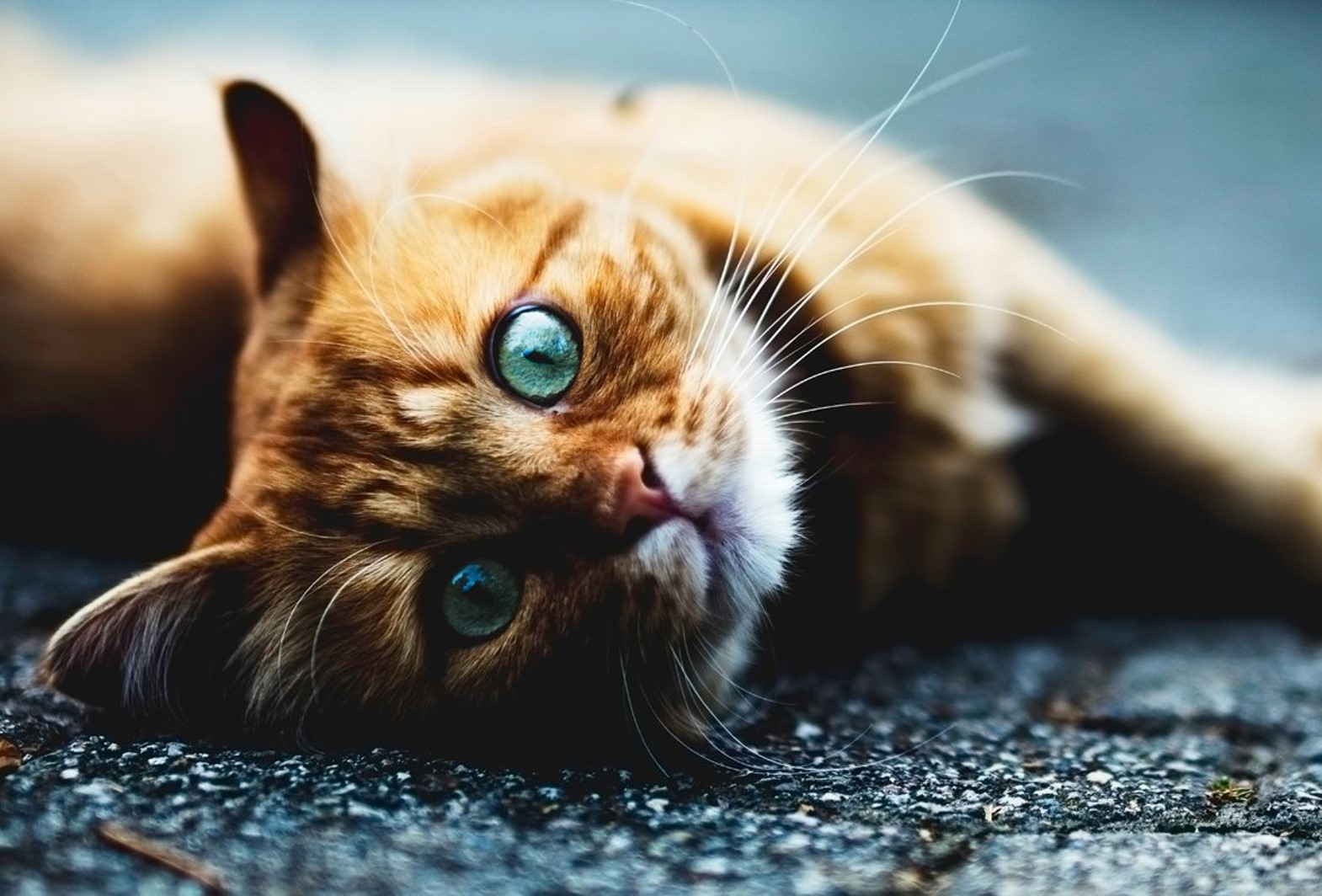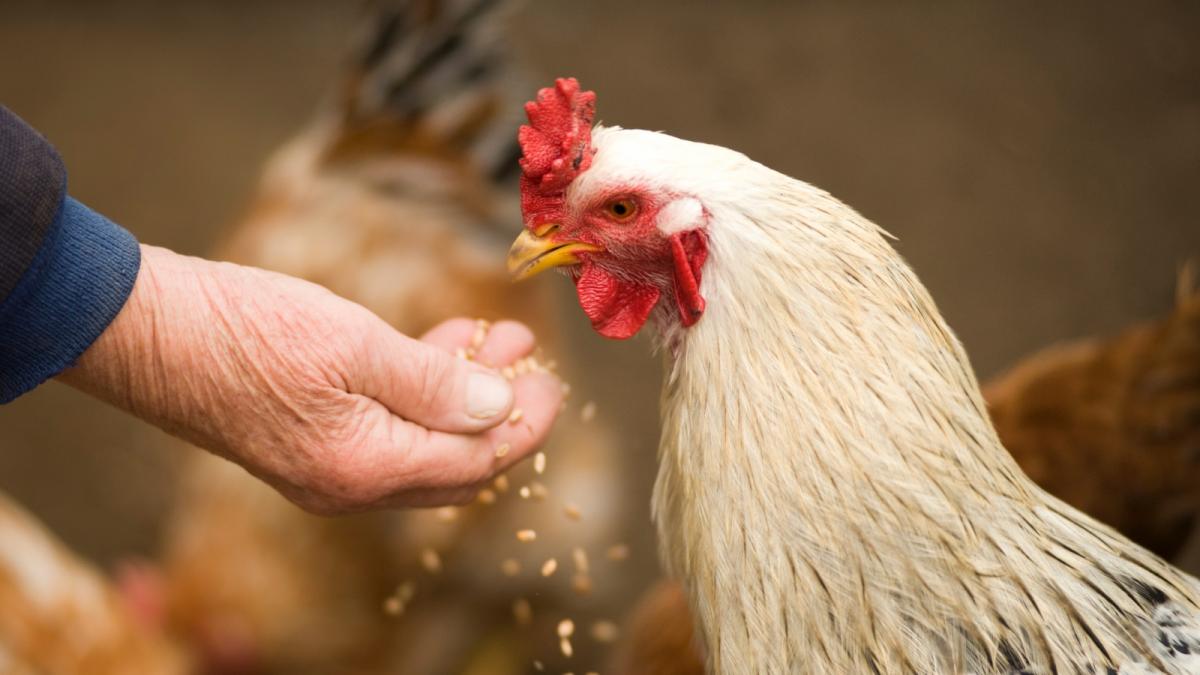Share

1. Diet
Cats are carnivores and therefore do best when fed a meat-rich diet (e.g. rabbit/possum or chicken meat). Cats also need 70% moisture in their diet. Limit the use of dry processed food rich in carbohydrates as it can trigger a number of health issues including obesity.
2. Pure water
Cats prefer fresh running water. Collecting rainwater is ideal as it does not contain any chemical additives such as fluoride that is often present in tap water. Serving water in a glass, metal or ceramic bowl is also important as plastic dishes can taint the taste and limit their intake. Several of the cats that I have treated for chronic kidney problems have benefited from a change in water selection.
3. Reduce inflammation
Many cat diseases include inflammation as one of their symptoms. By incorporating certain 100% natural, anti-inflammatory foods and herbs the harmful effects of inflammation can be limited or avoided. Using natural sources such as turmeric or seaweed can also reduce the need for pharmaceutical drugs to control inflammation.
4. Say no to household aerosols/ sprays
Common household aerosols and sprays can cause red eyes, an irritated mouth and nose and/or trigger cat asthma. The contents of automatic fly spray units finding their way into a feeding bowl have definitely been tracked down as the primary source of some of my client’s cat allergies. With the removal of these spray units, the allergies quickly disappeared.
5. Use natural beds and blankets
Cats love wool; possum merino, alpaca and sheepskins. These natural luxurious fibres are soft, warm and cosy. A recycled 100% wool jersey folded and placed in a pet bed can be a welcome addition for an old arthritic cat or a young kitten who is settling into a new family.
6. Use superfoods to boost the supply of essential vitamins and minerals
Vitamin and mineral deficiencies are incredibly commonplace; particularly when cats are fed a narrow range of food. Superfoods can hold the key to advancing your cat’s health and wellbeing. Ask a holistic vet about the perfect mix for your cat or try a pre-prepared blend.
7. Groom regularly
Cats hate knots. Knots can develop when old coat gets stuck in the skin or where the coat is lacking the essential fatty acids it needs to stay in top shape. Regular gentle grooming for your cat is a great way to interact with them and keep pesky knots from pulling on their delicate skin.
8. Make time for your cat
Cats are social creatures and they love regular care and attention. Your cat will rub against your leg, purr, meow and may even give you a friendly head butt. Observe your cat to see the type of interaction they like best. Be especially gentle with older cats as they can have tender old bones and prefer a gentle touch.
9. Reduce stress
Cats are intelligent, sentient creatures whose emotional well-being impacts on their overall health and wellbeing. Loud noises / TV, dirty kitty trays, aggressive dogs, pesky tomcats and shouting in a household are all things that can negatively impact on your cat. A happy and healthy routine is what cats love best. Just like us really!
10. Sunshine and a room with a view
Cats love to laze in a sunny spot with a great vantage point. A kitty tower, a cat tree or a well-located chair can tick all the boxes when it comes to ideal lazing locations.
A kind word, a gentle hand, a fresh meaty treat with a side order of superfoods and a warm chair in the sun will have most cats kitty “paw stamp” of approval.
Dr Heidi Ward- McGrath
Holistic Veterinarian
Cat Mum to Angel, Petal, Carrot, Tigress and several transient kittens
Kat and Tom "Ask the Vet" Dr Heidi Ward-McGrath what do when your Dog has sticky eyes...
Kat and Tom "Ask the Vet" Dr Heidi Ward-McGrath (Surgeon, Entrepreneur and Independent Researcher) for her thoughts on a listener question regarding a chicken that has slowed down and is behaving out of character
Kat and Tom "Ask the Vet" Dr Heidi Ward-McGrath (Surgeon, Entrepreneur and Independent Researcher) for her thoughts on genetic conditions with pugs and Dr Heidi answers a listener question about a noisy cat.
Kat and Tom "Ask the Vet" Dr Heidi Ward-McGrath for her tips for a listener who's rabbit won't stop biting...






